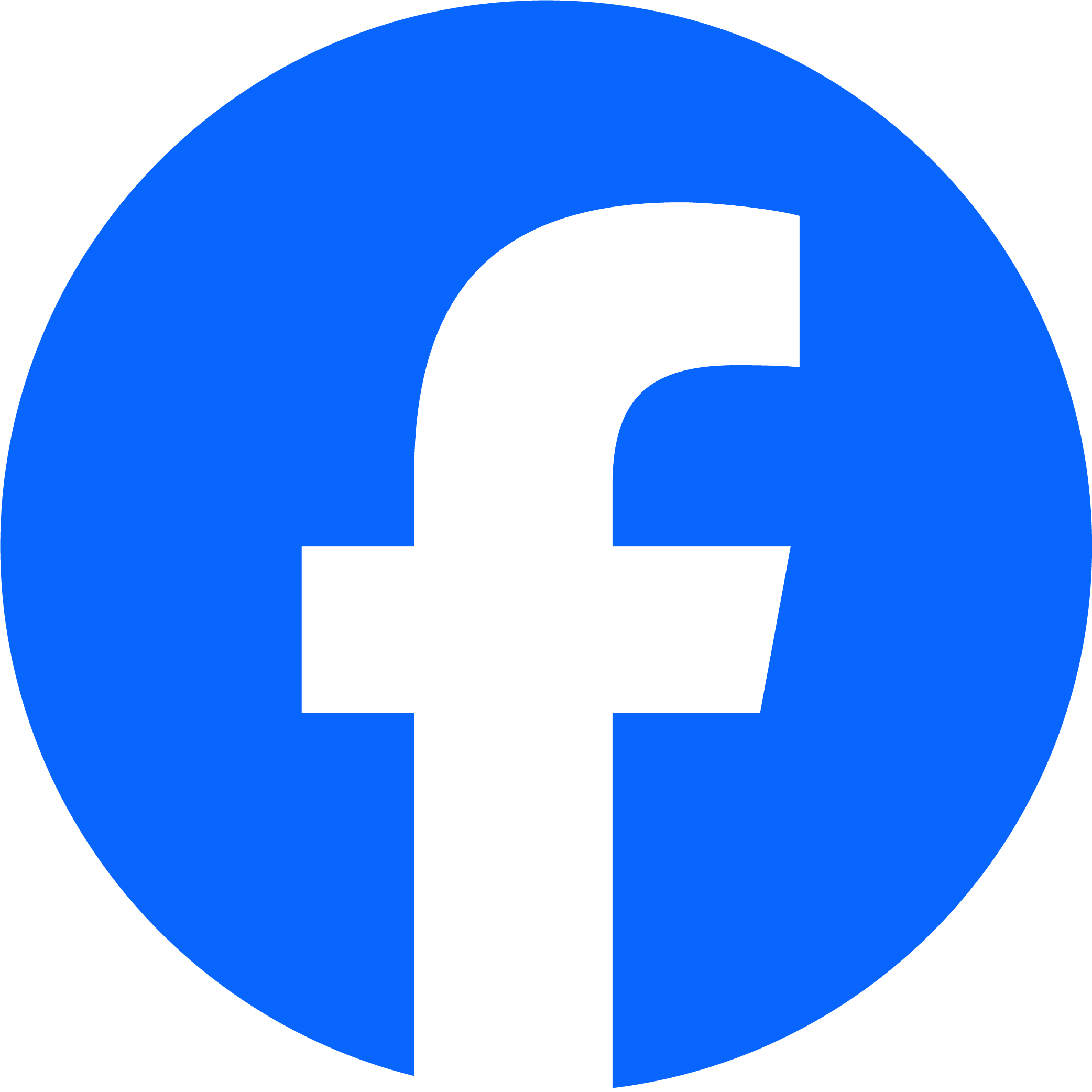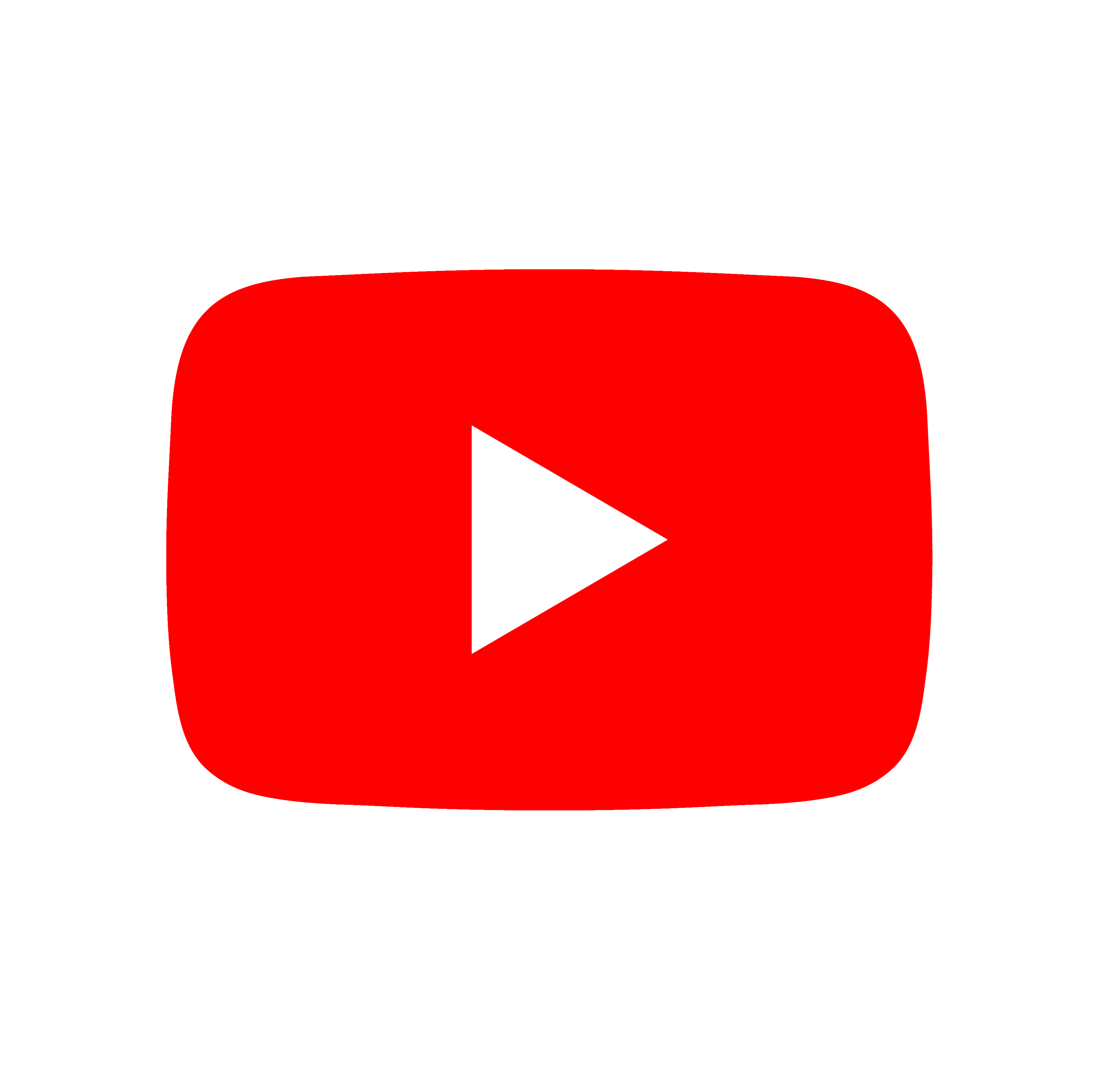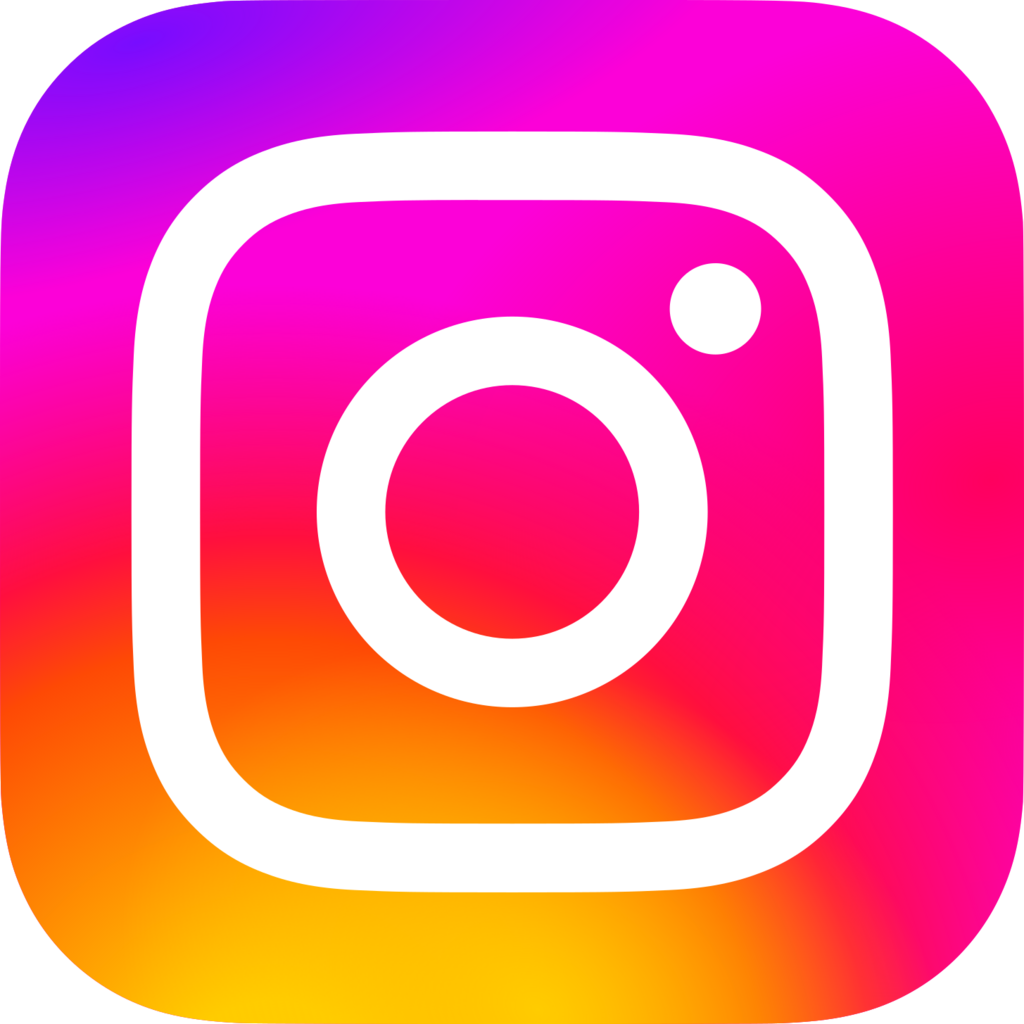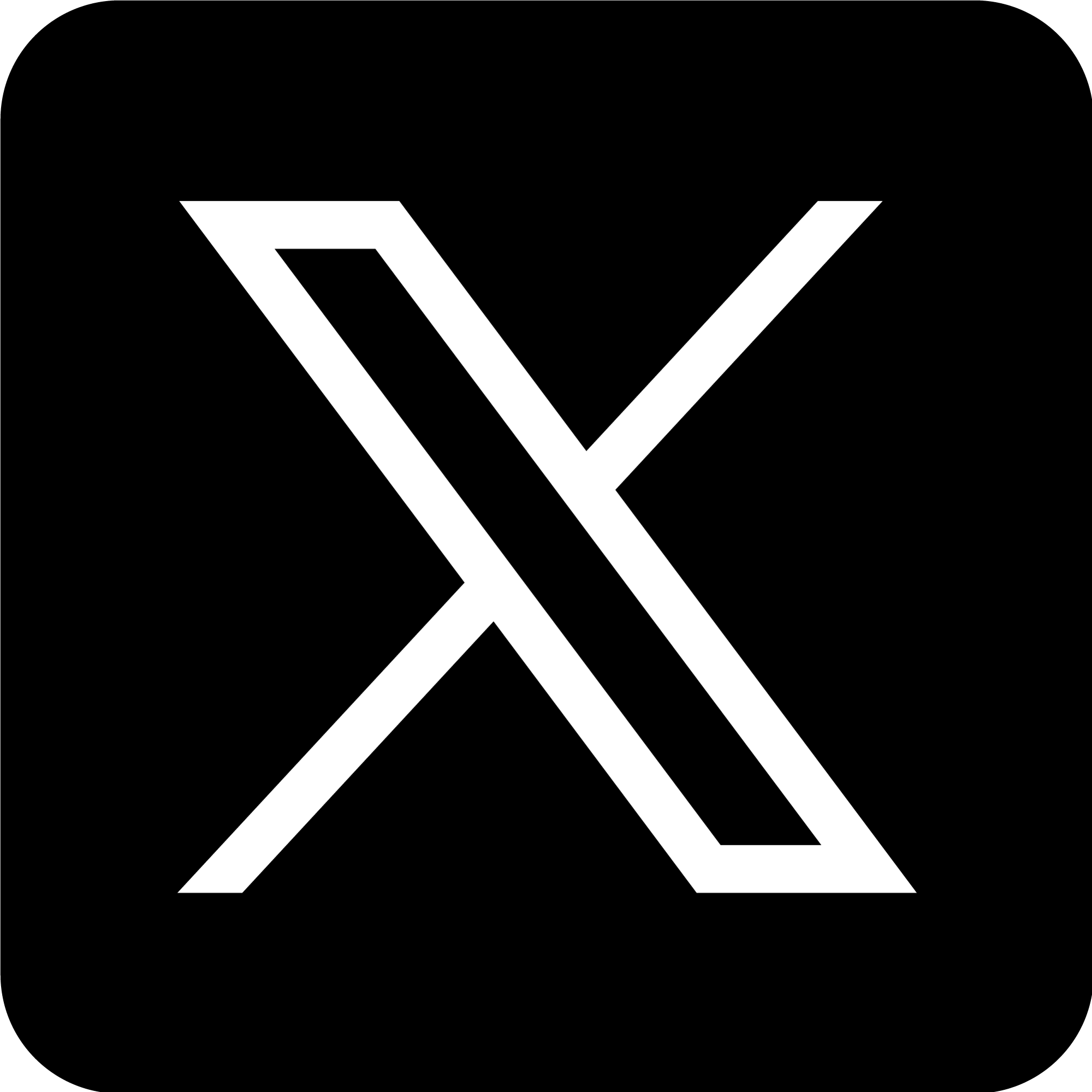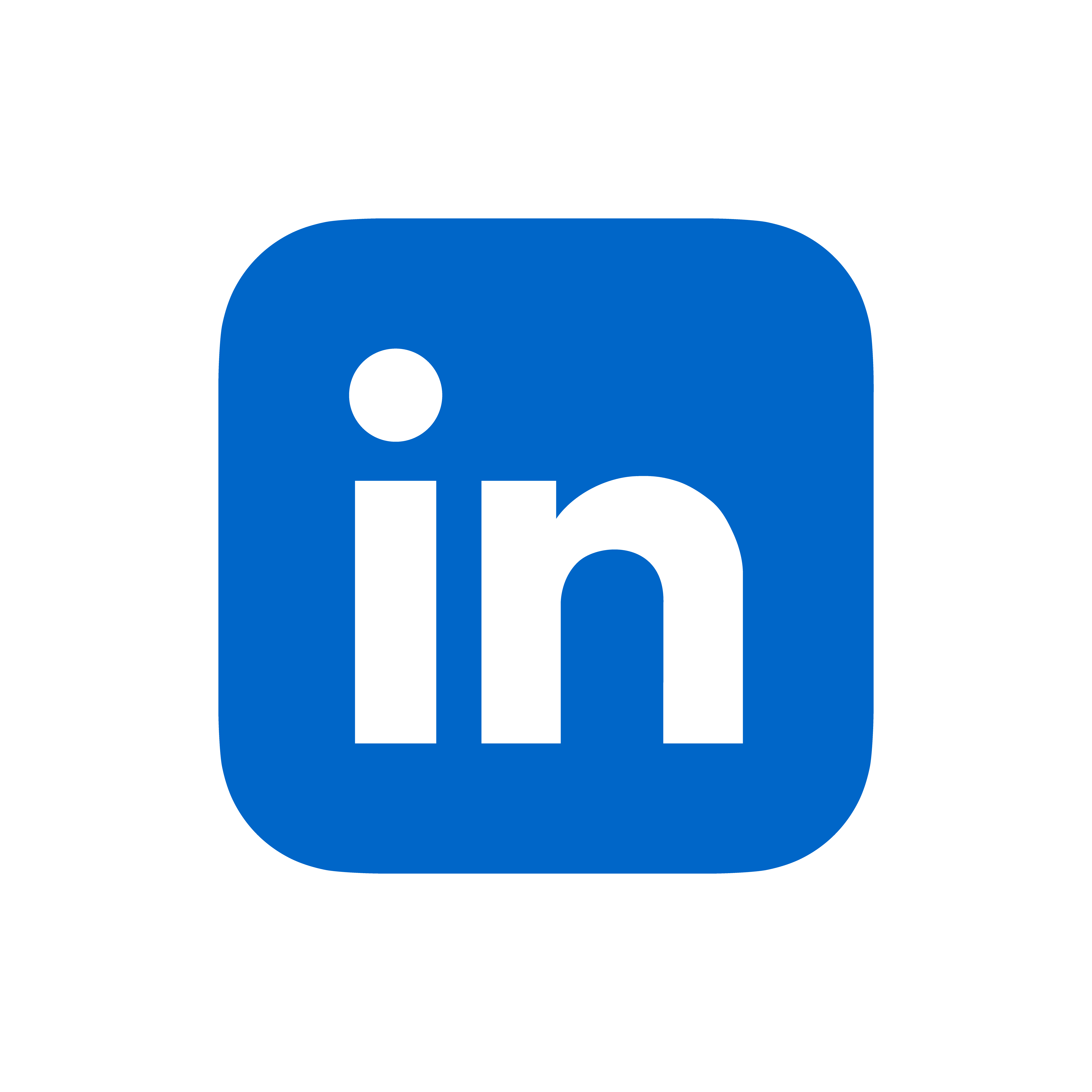Choosing the Most Effective Social Media Platform For Your Business
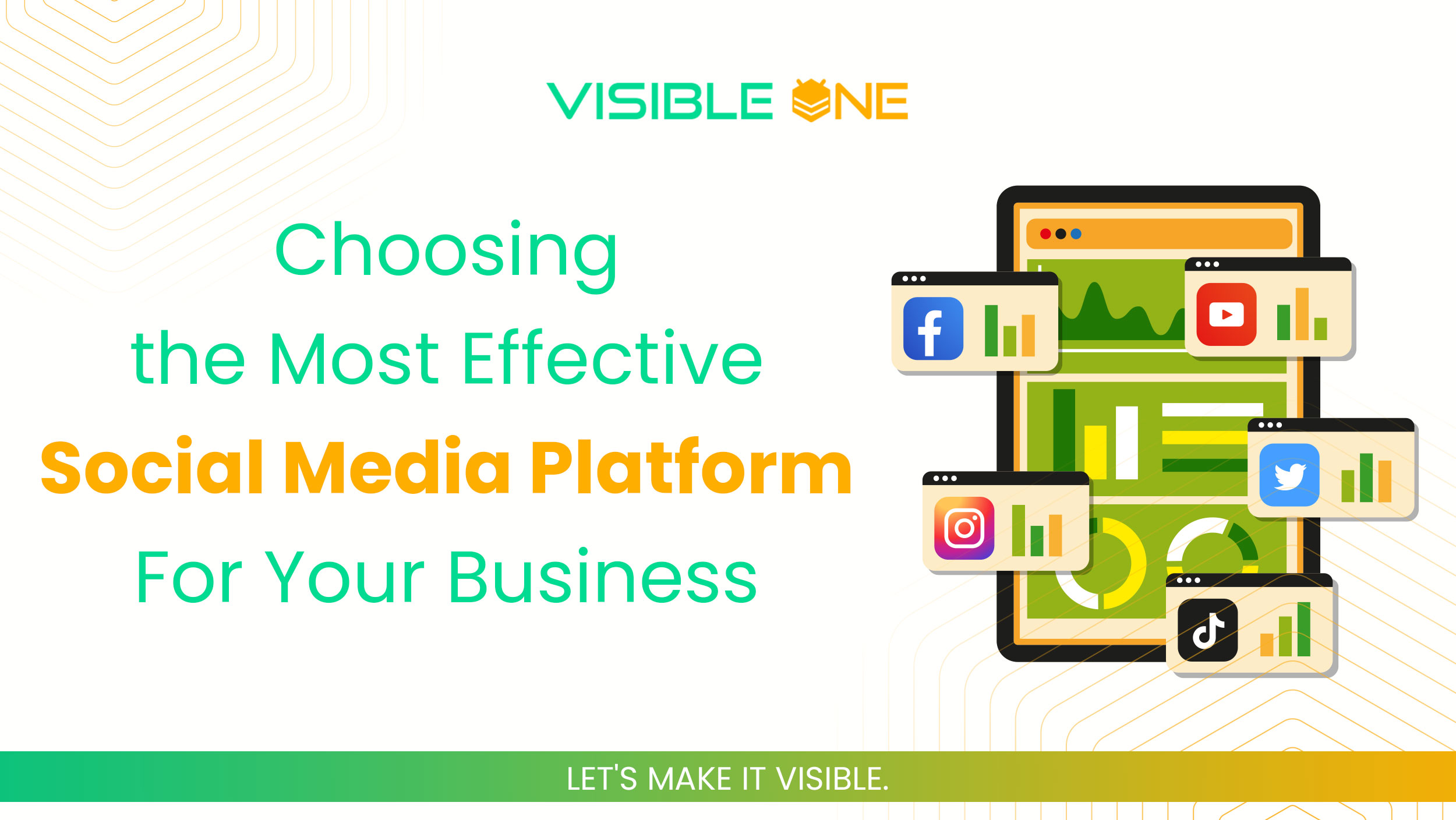
In today’s digital world, there are so many existing social media platform to choose from. A general rule of thumb is to have your focus on three social media platforms to develop a strong brand. But, which is really the best for your sales pipeline? Social media’s demographics has rapidly grown into an absurd opportunity for business owners, it has also grown more complex.
So how do you choose the best social media platform? Here are three steps to determine which social media platform is perfect for your business.
Identify your audience
You don’t need to be in all social media platforms. You must only be where your target audience hangs out. Possibly, your target audience can be reached more effortlessly with other relatively smaller platforms that are more concentrated with your target audience and thus less time and money are needed for investment. It is undeniably important to have a clearly defined buyer personas when choosing or developing social media campaign for your business. Always consider age, gender, income, profession, and interests. Take a look around and see which platforms your customers are actively using.
Consider your business goals
Once you identify your audience, you need to define goals for your target audience. Marketing doesn’t happen without goal-setting. Setting goals is an integral part of choosing the social media platform that’s right for you. For the reason that, setting the right strategic goals for your choosing your social media platform isn’t just important, it’s the distinction between wasting your time and producing a real impact on your business. Having no clear idea of the results you want, your program may not reach its potential. People with written goals are 50% more likely to achieve than people without goals. You must always set your goals as Specific, Measurable, Attainable, Relevant, and Time-bound. According to Buffer, SMART goals are one of the longest-lasting, most popular goal-setting frameworks for business. Peter Drucker, the founder of modern business management, often is credited for coming up with the basis for SMART, and the specific mnemonics can be traced back to mentions as early as 1981.
SMART has been a successful goal-setting framework for a long time because it is easy to understand, to act on, and to follow up with.
Go where your audience is
Now that you have identified your audience and defined your goals defined, then think about the next level, to find and go where your audience is. For this stage, you’re going to find out which platform your audience uses by looking at the demographics of the users on each platform. You’ll also want to consider how active your audience is on that certain platform. Besides demographics and engagement, you’ll also want to look at how individuals use the platform.
How do you decide which platforms are best for your needs? Here’s a brief overview of the most significant platforms as they pertain to your business needs.
Social Media Platforms
Facebook – 3.05 Billion
Facebook is the most popular social media site which has the highest user base worldwide. Most people are on it and is constructive for any business. Having a Facebook page can be very beneficial for almost any business. Your goal in using Facebook for business is to let customers get to know the people behind the logo, not just about selling. Facebook should be used to represent your business in a friendly, sociable manner, as a place where customers are treated well and everybody knows your name.
YouTube – 2.7 Billion
YouTube is a potent tool, the most popular video-oriented site, and potentially very exciting. YouTube is familiar with homemade or company-made videos that are watched worldwide and have the possibility to go viral.
YouTube is effectively used to feature your product or service in a remarkable way, and with millions of people now using YouTube, the bar is set very high. Make a compelling and creative video.
Instagram – 2.35 Billion
Instagram is known to be the quickest and most convenient way to share pictures from your smartphone. It allows you to connect your account to your Facebook and Twitter where your photos can be shared with them as well. Instagram has features that allow users to quickly customize their photos with inbuilt filters for fun and creativity.
X (Twitter) – 528 Million
Twitter is an exceptional platform to build brand awareness. With the use of hashtags, it organizes conversations around a word or phrase. By searching hashtags, you can see and read what people are talking about so you can craft your tweets to take part in popular conversations. You may think the 140 characters are limited, but you can reap the rewards when used precisely.
LinkedIn – 930 Million
LinkedIn is extensively used to search and hire talents. LinkedIn is well thought-out to be the professional social network where recommendations are slowly replacing referees on a resume. It’s a way of growing connections in the world of business and utilizing them as necessary. Soon LinkedIn emails might even reinstate handshakes.

